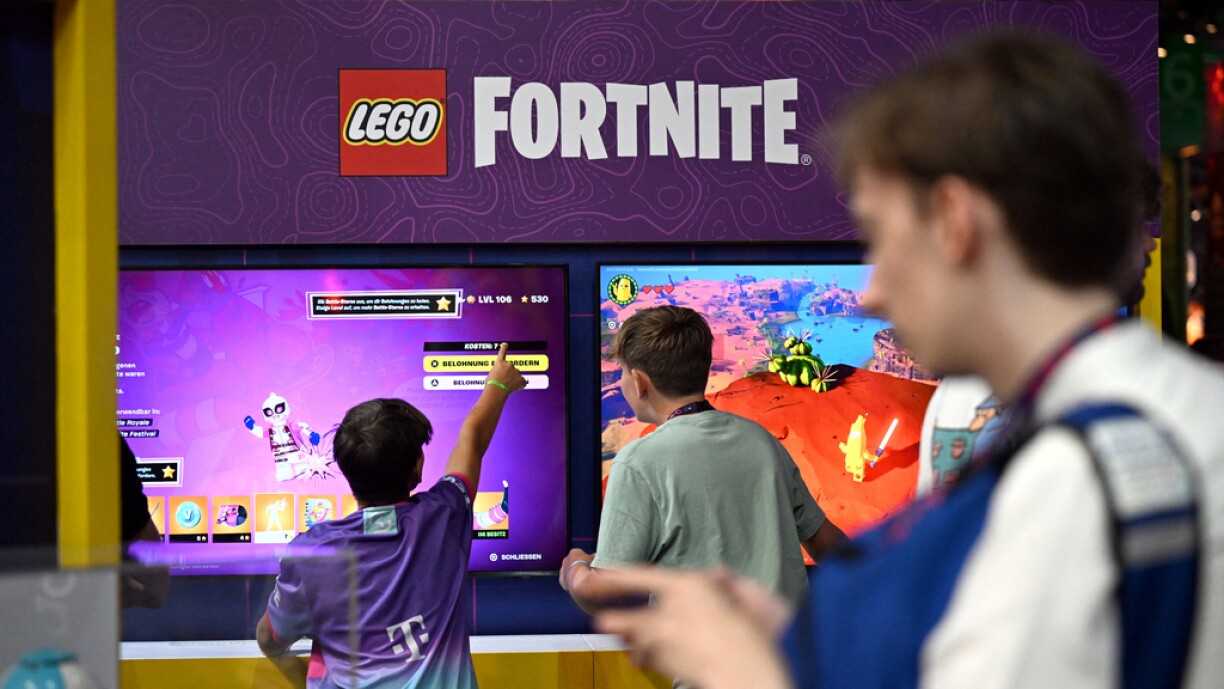
My son was not even two years old. We were visiting a friend when I asked if they had any milk. I poured some into a cup and gave it to my son. Suddenly, I heard:
– Wow, he drinks plain milk?
I answered, surprised:
– Yes, why?
– Ours can’t. He only drinks milk with chocolate powder.
What I wanted to say – but didn’t – was: That’s probably because someone decided to introduce chocolate powder to him one day (shouldn’t it be called sugary powder?), right? Naturally, a child will choose the sweetened version over the plain one.
And this, I believe, is exactly what many parents are doing with video games, especially with boys. Sure, girls play games too. But the panic? The daily conflict? The drop in grades? The addiction discussions? I mostly hear these from the parents of boys.
My house used to be full of neighbourhood kids. Now, it’s “boring.” I slowly realised they didn’t know how to play anymore. My son offered his LEGO, but they weren’t interested. He showed them board games, and they declined. All I heard was:
– Can we play video games?
To which my son replied:
– I don’t have a console.
And that was it. They stopped coming over. Now, my son goes to their houses, where they spend hours, without any limits, playing Brawl Stars, Fortnite, and similar games.
Games that are literally designed to hook your child and then extract your money, parent. You think you have peace now, but what you’re sowing is long-term chaos.
I work at a high school. I see it every day. Boys arriving at 7:30 a.m., already glued to their phones, playing games before classes begin. The consequences? Poor academic performance, weak value systems, minimal social interaction, or interaction limited to others who are just as consumed by screens.
One day, I heard someone say: “But boys need video games.”
No. Boys need time to play freely, explore the world, interact with their parents and friends, read, join extracurricular groups, do sports and learn to build relationships. They don’t need to become victims of tech corporations making billions by stealing their attention, motivation, and joy.
This is a plea to parents: Read about screen exposure. Learn what daily mobile gaming does to a developing brain. Don’t wait until the consequences are irreversible. Don’t blame the school for a lack of motivation when you’re giving your child unrestricted access to video games.
If you’re a gaming fan, that’s okay. But research the games first. Choose titles that are meant for desktop or console. Install them on a shared computer with a password. A game made for PC already signals that the company doesn’t expect 24/7 access from your child’s pocket.
My son spends hours at his friends’ homes, completely unmonitored. They lose track of time – hours they could be spending outside, playing soccer, climbing trees, chatting, making noise, just being kids.
And in the end, if your child is becoming addicted to video games, it’s because you allowed it. The best option? Don’t introduce them in the first place. Delay it as long as possible – until they’re mature enough to reflect on how much time they’re spending, and how it’s impacting their brain and emotions.
Just like with chocolate powder, it wasn’t your child who decided he “couldn’t live without it” – you did. Trust your child. He absolutely can live without video games. And his life will likely be far richer because of it.
References:
Cíntia Ertel is an author and school psychologist.
Read also: ‘Building walls, breaking habits: Why it’s finally time I quit Fortnite’